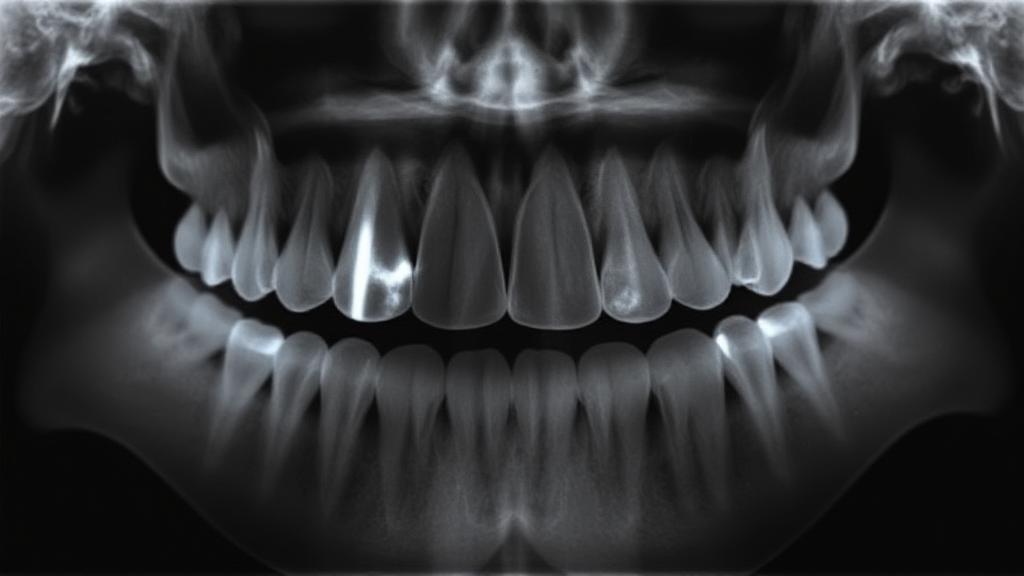Understanding Wisdom Teeth
Wisdom teeth, also known as third molars, are the last set of molars that typically appear between ages 17 and 25. While these teeth were valuable to our ancestors for chewing coarse foods like roots, nuts, and leaves, human evolution has led to smaller jaws and softer diets, making these extra teeth often problematic.
Common Issues and Reasons for Removal
Impaction
According to the American Association of Oral and Maxillofacial Surgeons, about 90% of people have at least one impacted wisdom tooth. Impaction occurs when teeth don't have enough room to emerge properly, leading to:
- Pain and swelling
- Infection risk
- Damage to adjacent teeth
Other Complications
- Crowding and misalignment of existing teeth
- Decay and gum disease
- Pericoronitis (gum inflammation)
- Cysts or tumors
- Bite problems
- Difficulty with cleaning
When Removal Might Not Be Necessary
Not everyone needs their wisdom teeth removed. You might be able to keep yours if:
- They've fully emerged without complications
- They're properly aligned
- You can clean them effectively
- They're not causing pain or other problems
- They can be maintained as part of regular oral hygiene
The Evaluation Process
Your dentist will typically use X-rays to assess your wisdom teeth's position and potential problems. The Mayo Clinic recommends regular dental check-ups during your teens and early 20s to monitor wisdom tooth development.
"The best time to evaluate wisdom teeth is during the teenage years before the roots are fully developed and the bone is less dense." - American Dental Association
Risks and Complications
Keeping Problematic Wisdom Teeth
- Chronic pain
- Recurring infections
- Progressive dental problems
- More complicated surgery later in life
Surgical Removal Risks
- Dry socket
- Nerve damage leading to numbness, tingling, or pain
- Post-surgical infection
Recovery After Extraction
First 24 Hours
- Ice pack application
- Gauze changes
- Soft food diet
- No straws or spitting
First Week
- Gentle salt water rinses
- Continued soft foods
- Careful cleaning around surgical sites
Making Your Decision
Consider these factors when deciding:
- Current symptoms
- X-ray results
- Age and healing capacity
- Cost and insurance coverage
- Professional recommendations
Prevention and Monitoring
If you keep your wisdom teeth, maintain:
- Excellent oral hygiene
- Regular dental check-ups
- Awareness of any changes or symptoms
- Open communication with your dentist
For more detailed information, you can visit the American Dental Association or consult with a local dental professional.
